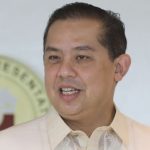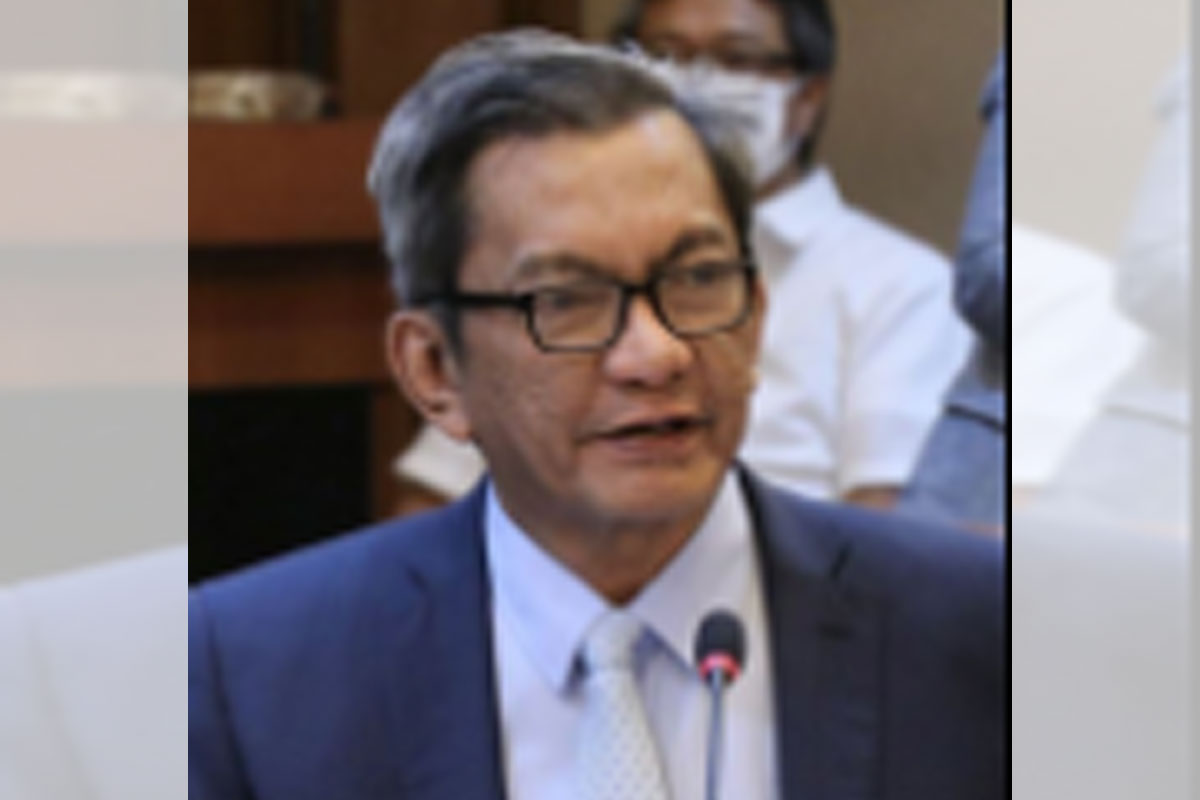
House solon calls for revival of OPSF
A VETERAN lawmaker on Monday proposed the revival of the old Oil Price Stabilization Fund (OPSF) created by the first Marcos administration in 1984.
“We should revive the OPSF or establish a similar buffer fund, which the government could use to avoid frequent adjustments in the pump prices of oil products due to fluctuations in the cost of crude oil in the world market and in the peso-dollar exchange rate,” 1-Pacman Party-list Representative Mikee Romero said.
As of now, Romero said there are weekly “wild swings” in domestic pump prices, with the price of diesel projected to go down this week by at least P5 per liter after going up by more than P6 last week.
Romero, an economist, said prices would remain “volatile and elevated” because of the Russia-Ukraine war and the recovery of many nations from the COVID-19 pandemic.
Thus the need for a buffer fund to absorb price spikes, he stressed.
He pointed out that the buffer mechanism would work in such a way that it would answer for certain price increases so these would not be passed on to the public.
Romero proposed that the fund be sourced from higher excise taxes imposed on diesel, gasoline, cooking gas, and other oil products under the Tax Reform for Acceleration and Inclusion (TRAIN) Law.
“Since the government is not agreeable to the suggested suspension of excise taxes while the cost of crude is above $80 per barrel, we could use part of these impositions as a price stabilization fund to provide relief to the public from increased fuel and consumer prices,” he said.
Romero said he hoped that President Ferdinand “Bongbong” Marcos Jr. would be open to this proposal since it was his father who created the OPSF under Presidential Decree (PD) No. 1956, issued on October 10, 1984.
Under the decree, the OPSF was sourced from fuel taxes and was used “to reimburse the oil companies for cost increases on crude oil and imported petroleum products resulting from exchange rate adjustment and increase in world market prices of crude oil.”
The OPSF was administered by the then ministry (now a department) of energy, which then-President Marcos Sr. subsequently authorized to invest in fixed-income instruments with the earnings accruing to the stabilization fund.






















